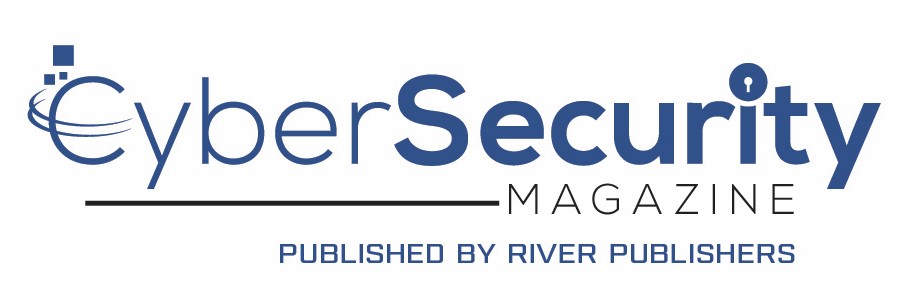Adaptive Matrix Pattern Steganography on RGB Images
Abstract: Almost all spatial domain image steganography methods rely on modifying the Least Significant Bits (LSB) of each pixel to minimize the visual distortions. However, these methods are susceptible to LSB blind attacks and quantitative steganalyses.
This paper presents an adaptive spatial domain image steganography algorithm for hiding digital media based on matrix patterns, named “Adaptive Matrix Pattern” (AMP). The AMP method increases the security of the steganography scheme of largely hidden messages since it adaptively generates a unique codebook matrix pattern for each ASCII character in each image block. Therefore, each ASCII character gets a different codebook matrix pattern even in different regions of the same image. Moreover, it uses a preprocessing algorithm to identify the most suitable image blocks for hiding purposes. The resulting stego-images are robust against LSB blind attacks since the middle bits of green and blue channels generate matrix patterns and hiding secrets, respectively. Experimental results show that AMP is robust against quantitative steganalyses. Additionally, the quality of stego-images, based on the peak signal-to-noise ratio metric, remains high in both stego-RGB-image and in the stego-blue-channel. Finally, the AMP method provides a high hiding capacity, up to 1.33 bits per pixel.
https://journals.riverpublishers.com/index.php/JCSANDM/article/view/7151
Amirfarhad Nilizadeh University of Central Florida, USA
Shirin Nilizadeh University of Texas Dallas, USA
Wojciech Mazurczyk Warsaw University of Technology, Poland
Cliff Zou University of Central Florida, USA
Gary T. Leavens University of Central Florida, USA

